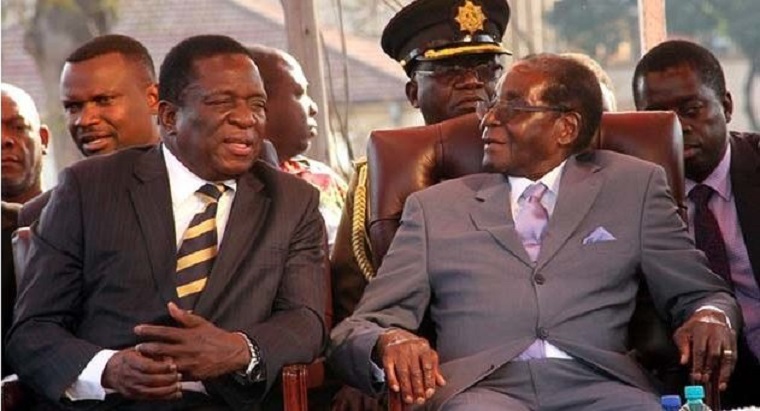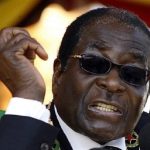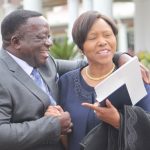 Zimbabwe’s founding leader, Robert Gabriel Mugabe, has died. The widespread reaction to his death has revealed starkly the divided legacy he leaves behind.
Zimbabwe’s founding leader, Robert Gabriel Mugabe, has died. The widespread reaction to his death has revealed starkly the divided legacy he leaves behind.
From one viewpoint he is Zimbabwe’s founding father, the man who led his comrades through an armed struggle for the liberation of Zimbabwe’s black majority from Rhodesian white-minority rule.
His achievements in those early, heady years of independence were exemplary, with emphasis on health, education and women’s empowerment, thus opening up possibilities to many Zimbabweans, particularly the rural poor, who were shut out from Rhodesia’s opportunities.
From another viewpoint, he is the hero who became a villain, his 37-year rule characterised by massive human rights abuses, from the Gukurahundi massacres and persecution of supporters of the rival ZAPU party of Joshua Nkomo just after independence, to the persecution of perceived enemies, both in the opposition and within his own party, whom he considered threats to his power.
Even the land reform programme, much admired across Africa for restoring land to its rightful owners, was implemented amid chaos and violence.
This reform was meant to empower Zimbabweans, but it also isolated the country and impoverished the very people it was meant to support: swift sanctions soon followed from the west that, together with Mugabe’s own inconsistent economic policies and widespread corruption in his government, plunged the economy into an almost permanent recession for nearly two decades.
Mugabe’s legacy will continue to be contested between those who revere him and those who revile him, but what matters most now is how Zimbabwe’s new President handles that legacy.
As Emmerson Mnangagwa prepares to bury his predecessor, he must also bury those aspects of the Mugabe presidency that polarised Zimbabweans, and those policies and attitudes that pauperised this once prosperous nation.
Mnangagwa has promised that his governance will bring a “new dispensation”, and has marked his era as that of the Second Republic. But if he is to avoid the fate of France’s Second Republic, in which the first citizen soon became the third emperor, Mnangagwa must bury the imperial presidency along with Mugabe.
The Gukurahundi massacres remain a sore wound that cannot be ignored. To end the violence, in 1987 Nkomo chose unity and peace over justice and entered into a political alliance with Mugabe. This political fix may have satisfied the establishment, but the wounds of Gukurahundi and other rights violations still fester.
In 2018, Mnangagwa appointed a peace and reconciliation commission that before then had existed only in law, but he needs to expedite its work and to guarantee that its recommendations, however far-reaching, will be respected and that it will be transparent and free of political influence.
Burying Mugabe’s legacy also requires Mnangagwa to implement his own election promises. Zimbabwe needs constitutional reforms to make sure that future election results are not contested.
Among the most urgent matters are the repeal of the laws that restrict the right to political expression and the freedom of the press. As recently as last month, Mnangagwa stated that these reforms mattered because they were demanded by the constitution and not because they were an external demand linked to sanctions.
Continued next page
(105 VIEWS)


